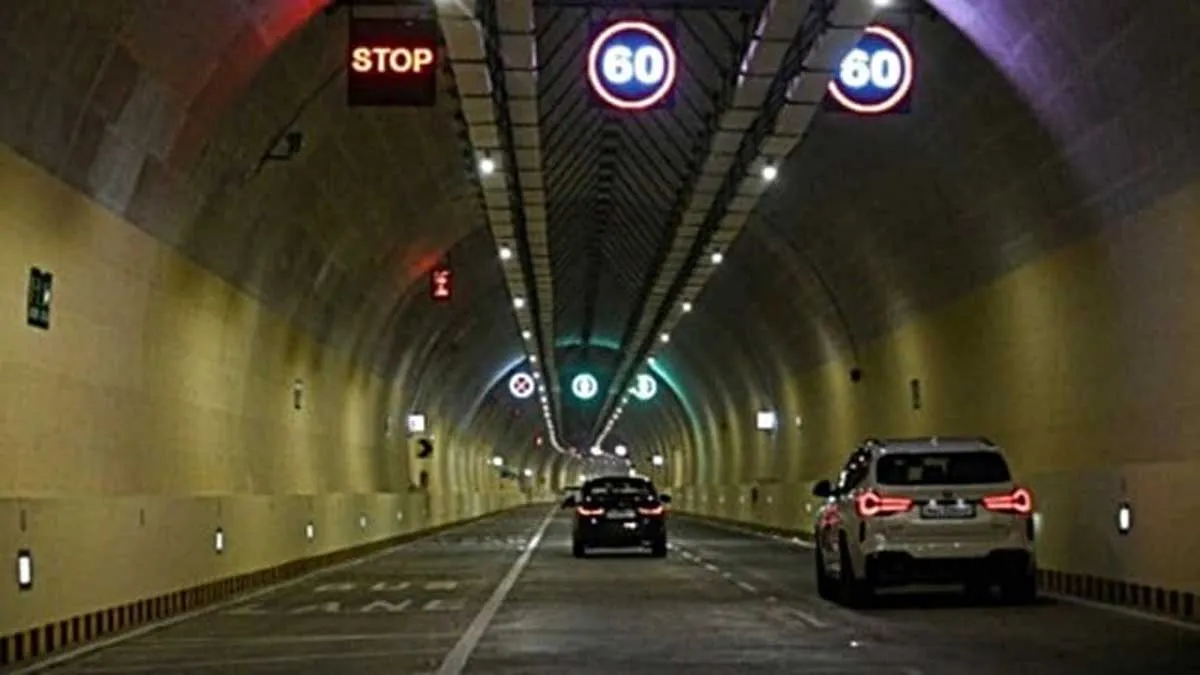The National Green Tribunal (NGT) on Wednesday issued notices in response to a petition filed by Bengaluru Praja Vedike and others, challenging the Bengaluru twin tunnel road project. Petitioners claim the project was “hastily announced” and bypassed mandatory environmental impact assessment procedures.
Notices have been served to the Karnataka Government, Greater Bengaluru Authority, State Environment Impact Assessment Authority (SEIAA), Bengaluru Smart Infrastructure Ltd (B-SMILE), the Union Ministry of Environment, Forest and Climate Change, and project consultants.
The 16.74-km twin-tube tunnel, connecting Hebbal to Silk Board, was announced in May 2024 during the Karnataka Government’s budget speech, with an estimated cost of Rs 19 billion. The Cabinet approved the project on 22 May, to be implemented under a build-own-operate-transfer (BOOT/BOT) model. A Special Purpose Vehicle, B-SMILE, was created, with Rodic Consultants preparing the detailed project report (DPR) in three months.
Deputy Chief Minister D K Shivakumar’s project has drawn criticism from urban mobility experts and environmentalists, who call it unscientific and harmful. They argue the tunnel will worsen Bengaluru’s traffic congestion.
Planning and Environmental Concerns
The petition alleges the project was announced without adequate technical assessment or reference to the Comprehensive Mobility Plan 2020. It claims the proposal was “politically driven from inception” and pushed forward despite two failed Expressions of Interest, later “retrofitted into a feasibility study through procedural manoeuvring.”
Critics highlight factual errors, incomplete annexures, and missing studies in the DPR, including geological surveys, hydrological and flood-risk mapping, biodiversity assessments, and tree enumeration. Traffic modelling reportedly excludes major vehicle categories, underestimates emissions, and predicts key junctions will remain heavily congested.
The tunnel is planned to pass through ecologically sensitive and legally protected areas, such as the Peninsular Gneiss formation at Lal Bagh, Hebbal Valley’s stormwater corridor, and areas near the critically polluted Peenya Industrial Area. Petitioners warn these zones face risks of groundwater depletion, soil instability, and increased flooding.
Shift from Public to Private Transport
Independent studies, including research from the Indian Institute of Science, suggest the project will encourage private transport, increase emissions, and exacerbate climate vulnerabilities. The Directorate of Urban Land Transport has confirmed the project conflicts with Bengaluru’s mobility and climate policies, recommending alternative approaches.
One major allegation is that mandatory EIA procedures were bypassed. Petitioners claim public consultations were ignored, and a technicality—tunnels not being explicitly listed under the EIA Notification 2006—was used to evade clearance, echoing practices from the controversial 2017 steel flyover project.
Metro Alternative Proposed
The petition highlights that a Metro corridor along the same route would be a more sustainable, inclusive, and environmentally sound alternative.
The applicants have requested the NGT to declare the project unlawful, quash the tender process, and direct full cancellation to prevent ecological damage, uphold environmental safeguards, and protect the constitutional right to a clean and healthy environment.
Co-petitioners include Kathyayini Chamaraj, executive trustee at CIVIC, and environmentalist Dattatraya Devare.?


